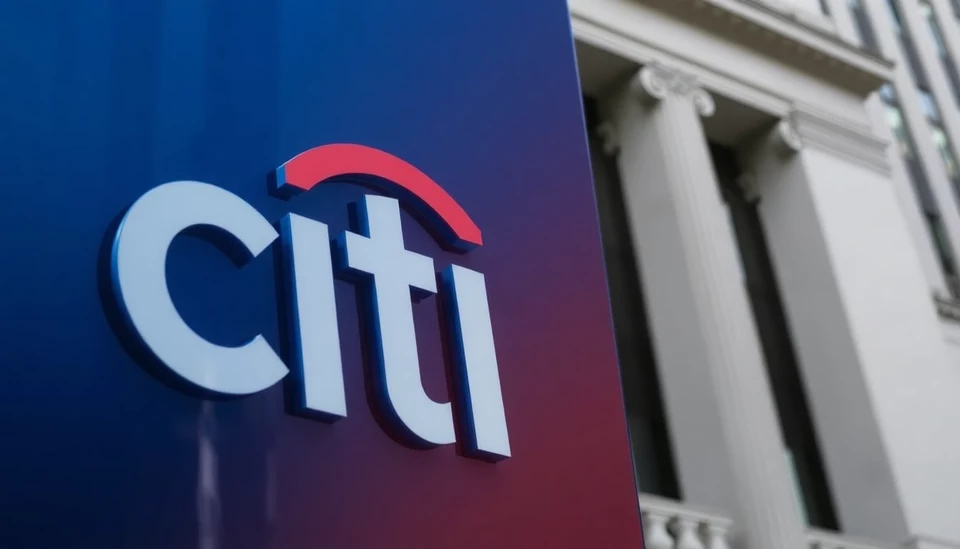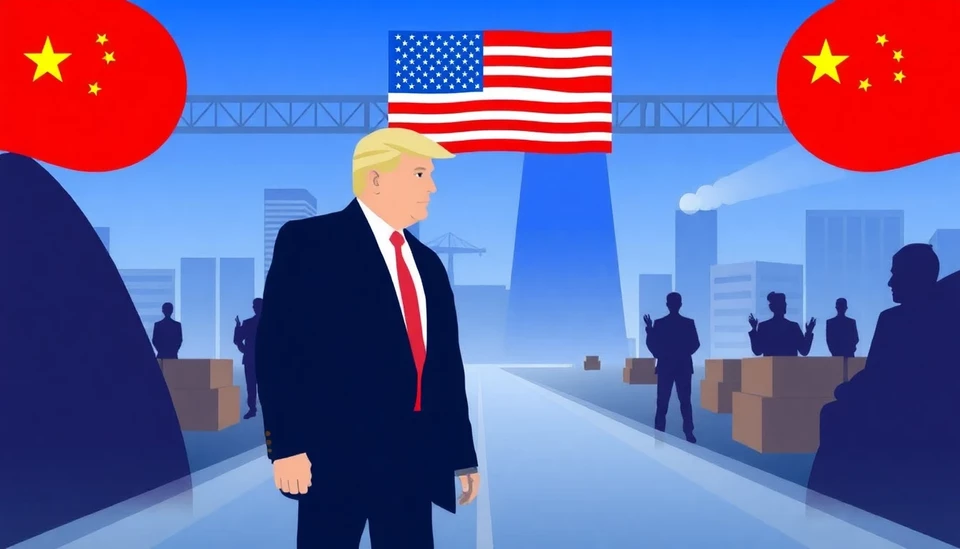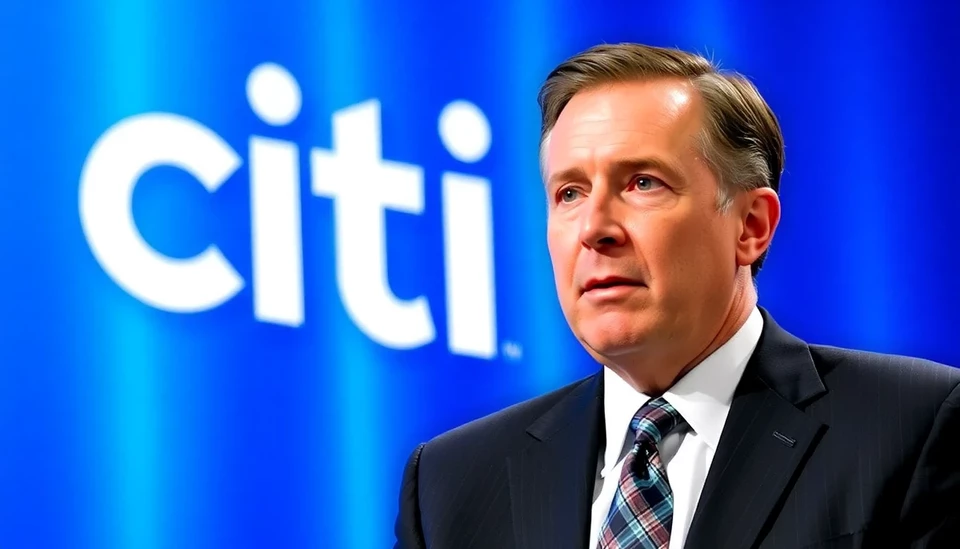
Citigroup Inc. (Citi) has announced a groundbreaking initiative aimed at reshaping its investment strategies in developing markets. The banking giant is set to launch a new pipeline of debt swaps, a move that underscores its commitment to increasing its presence and influence in emerging economies worldwide.
This strategic shift comes in the wake of a global economic environment marked by volatility and uncertainty. As financial markets continue to grapple with inflationary pressures, geopolitical tensions, and shifting monetary policies, Citi’s proactive approach looks to seize opportunities that are often overlooked in developing regions.
According to insiders, the new debt swap scheme will facilitate the exchange of financial instruments, allowing investment firms and governments in emerging markets to manage their debt more effectively. By providing sophisticated structural options, Citi aims to attract additional capital while offering necessary liquidity support for its clients.
The initiative aligns with Citi’s broader strategy outlined in its recent earnings report, where the bank detailed ambitious plans to enhance its international operations and responsiveness to local market dynamics. Citi's leadership expressed their vision of becoming the go-to financial partner for countries and organizations looking for innovative solutions tailored to specific economic challenges.
With this announcement, Citi is expected to not only bolster economic growth within these regions but also enhance its own portfolio by taking positions in various local and regional bonds. The bank’s willingness to invest in these swaps signals confidence in the long-term recovery potential of developing markets.
Furthermore, the debt swaps are anticipated to provide more flexible financing solutions, permitting smoother transitions and adjustments for economies undergoing significant changes, such as shifts in fiscal policy or external shocks. This initiative could potentially reduce the financial distress that many governments face, making it easier for them to meet their obligations while fostering an environment that supports growth and stability.
Citi's new project will also likely spark interest from other major financial institutions, encouraging a competitive environment where more institutions might consider similar strategies. The expectation is that this could lead to broader investment flows into developing markets, which are often starved for capital but rich in potential.
A key aspect to monitor as this initiative rolls out will be how it engages with local financial systems and regulations. Citi's approach will need to delicately balance the intricacies of local currency markets, governmental regulations, and the geopolitical climate to ensure the effectiveness and sustainability of the debt swaps.
As Citi steps into this new venture, stakeholders from various sectors—including political leaders, economists, and investment analysts—will be observing closely. The outcomes of this initiative could redefine how investments are channeled into developing nations and might set off a ripple effect, altering the landscape of global finance.
In summary, Citi’s endeavor not only signifies a bold step forward for the bank but also represents a significant opportunity for growth in emerging markets. As they gear up to implement their debt swap strategy, Citi could lead the way in demonstrating how financial innovation can effectively address the unique challenges faced by developing economies.
#Citi #DebtSwaps #DevelopingMarkets #EmergingEconomies #FinanceInnovation #GlobalInvestment #EconomicGrowth #CapitalMarkets
Author: Peter Collins




